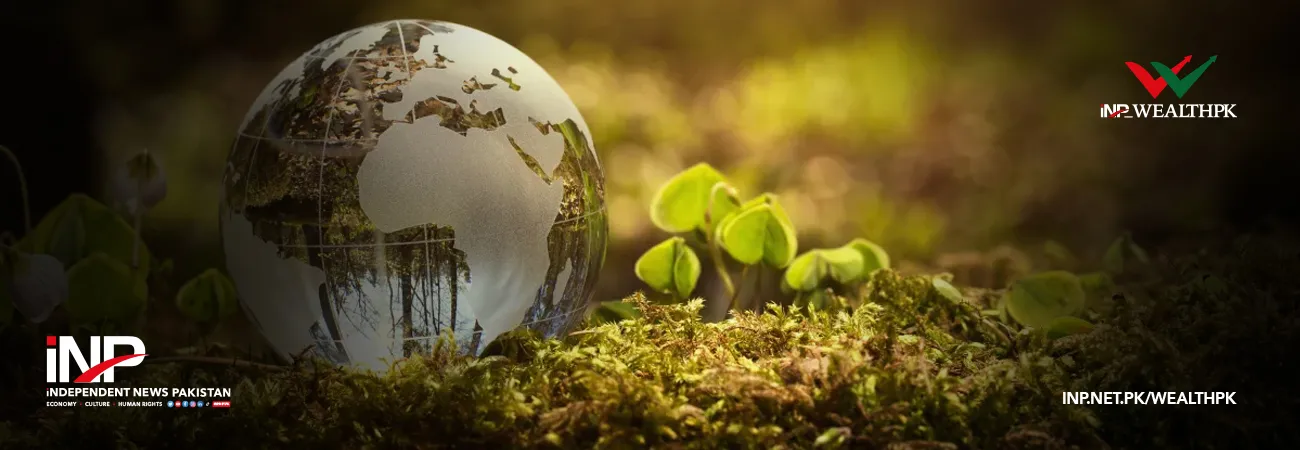INP-WealthPk
Ahmed Khan Malik
A country like Pakistan needs sustained food security to feed its burgeoning population, and the" Green Pakistan Initiative" comes at the right time to secure this goal on long-term basis, reports WealthPK. Launched last month, this initiative – designed with the consultation of all stakeholders – is multifaceted, with the key focus on agriculture needing a strong footing to meet the food needs of the present as well as future generations. The "Green Pakistan Initiative" starts with key decisions taken by Pakistan in the last two months to attract foreign investors, especially from the Gulf countries. In the first week of June this year, Special Investment Facilitation Council (SIFC) was established. The army chief would be the apex committee member, while a military officer would be director general of the implementation committee. The council also includes a department of corporate farming.
According to the Pakistan Economic Survey 2023, the agriculture sector contributes more than 22% to the GDP and 37% to employment generation. Despite being an agricultural country, Pakistan faces shortage of commodities like wheat, pulses and oilseeds. A research paper by the University of Sargodha states that 9.14 million hectares of barren land in Pakistan – 4.87 million hectares in Balochistan, 1.74 million hectares in Punjab, 1.45 million hectares in Sindh and 1.08 million hectares in Khyber Pakhtunkhwa – can be made cultivable. This paper points out that the cultivable barren land in Balochistan is mainly located in Kalat, Quetta, Nasirabad and Makran divisions. In Punjab, such land exists in DG Khan, Bahawalpur, Rawalpindi and Lahore divisions.
In Sindh, cultivable barren but cultivable land is located in Hyderabad, Mirpur Khas, Sukkur and Larkana divisions, while in Khyber Pakhtunkhwa, it is located in DI Khan, Hazara and Kohat divisions. The ownership of these agricultural pieces of land rests with the provincial governments, while the federal departments take land from them as per its requirement. The last several decades have seen Pakistan's agriculture sector facing a sharp decline because of lack of the latest technology, unavailability or poor quality of fertilizers, deterioration of soil fertility, lack of modern machinery, equipment, and warehouses, and above all high production cost and insufficient reward for the farmers. All these factors gradually discouraged the growers, thus leading to the collapse of the agriculture sector.
Meanwhile, the gap between agri production and demand for staples increased manifold due to the conventional methods of farming and a sharp increase in population. According to an estimate, Pakistan needs to increase its food production by at least 40% by 2025 in order to meet its long-term food demand of a 33% predicted increase in population. Currently, the agriculture sector is facing serious challenges in meeting the domestic food requirements due to the rapid population growth, low crop production, disastrous climate change effects, and high production costs, which have turned a food-sufficient nation into a major grain importer. A significant boost in the agricultural output is essential to secure the agricultural industry in Pakistan, and "Green Pakistan Initiative" meets this nation's requirements.
Credit: INP-WealthPk













